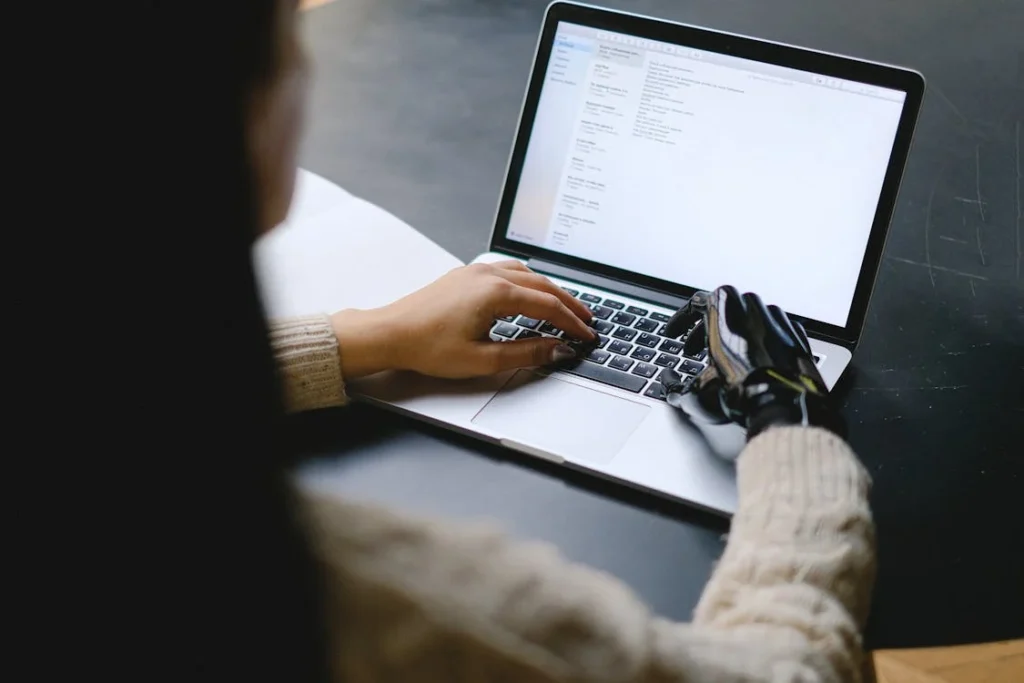Mysuru is a city of quiet strength, culture, and daily movement. From the early morning bustle near Devaraja Market to the peaceful walks at Kukkarahalli Lake, life in Mysuru is active, meaningful, and full of personal routines. But for those who have lost a hand—whether through an accident, illness, or since birth—those routines can feel like distant memories. Even the smallest tasks can turn into daily hurdles.
At Robobionics, we’ve made it our mission to help people get those moments back. Not just through technology, but through care. We don’t just build bionic hands—we help people feel strong, confident, and independent again. And we’ve done this for hundreds of people across India, including many right here in Mysuru.
If you’re someone who’s been searching for a bionic hand that actually fits your life, your pace, and your goals, you’ve come to the right place. This article will show you why Robobionics is not just a leader in prosthetics across the country, but the top choice for individuals in Mysuru.
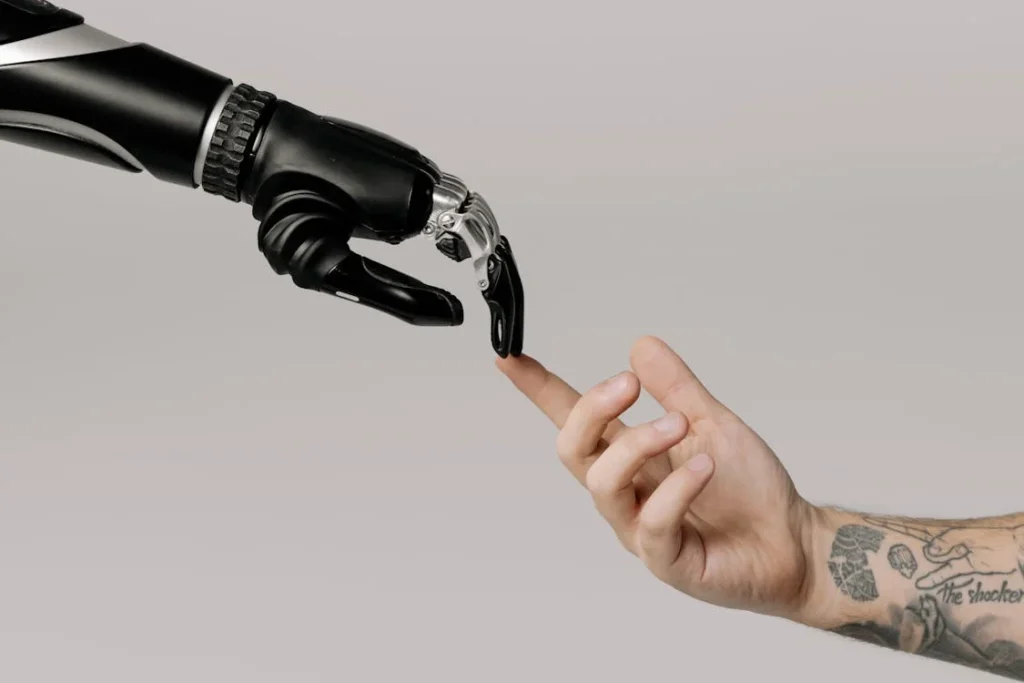
Why Robobionics Is the Right Fit for Mysuru’s Unique Way of Life
Understanding the City’s Rhythm and Needs
Mysuru moves at a pace that balances tradition and progress. People here rise early, work hard, and stay connected to both culture and community.
Whether you are a teacher, a shopkeeper, a college student, or someone who spends the day at home caring for your family, your hands help you express yourself, do your job, and interact with the world around you.
Losing a hand interrupts that flow in ways most people don’t fully understand—until it happens to them. Suddenly, even simple acts like writing, cooking, or handling a phone become frustrating.
It doesn’t just affect your routine. It can affect how you feel about yourself. That’s why a prosthetic hand shouldn’t feel like a gadget. It should feel like a part of you.
At Robobionics, we design our bionic hands with this very idea in mind. We build them not for show, but for real life. We make sure our technology fits seamlessly into the way you already live.
And for the people of Mysuru, this means a hand that adapts to your lifestyle—not the other way around.
Our users here often tell us that they were hesitant at first. They had seen other prosthetics before—devices that looked impressive but felt awkward.
But when they experienced how smoothly and naturally a Robobionics hand worked, they were surprised. Many say it changed more than just how they moved—it changed how they felt.
Why Comfort and Simplicity Matter Most
We’ve worked with people across Mysuru who have tried other prosthetic hands in the past. Some were heavy. Some were hard to control. Some just didn’t feel right.
And in many cases, those hands ended up unused—not because people didn’t want to try, but because the design simply wasn’t made for their everyday reality.
That’s why we do things differently.
Robobionics prosthetic hands are built to be light, responsive, and easy to use. You don’t need to press a series of buttons or carry a remote. You simply move the muscles in your arm, and the hand responds.
It’s like speaking a language your body already knows. And because our design is built around natural signals from your muscles, learning to use the hand is faster and easier.
Comfort is also key. Our sockets are carefully molded to your arm. We make sure they don’t pinch or rub. We use soft, skin-friendly materials that keep your arm cool and supported throughout the day.
Whether you are walking around KR Circle or working long hours in a local office, your hand stays with you—quietly doing its job, without discomfort.
Technology That Works With You, Not Against You
One of the things we are most proud of at Robobionics is how our bionic hands adjust to different needs. Every person is different. No two users in Mysuru will have the exact same requirements.
Some need delicate finger control to write or type. Others need strong grip power to carry bags, ride bikes, or lift objects at work. Our hands are made to handle both.
They adapt in real time. As your muscle signals shift, the hand adjusts. It doesn’t lag. It doesn’t freeze. It doesn’t misread your actions. This is where many imported prosthetics fall short.
They may have advanced sensors, but they don’t understand the fine changes that come from everyday Indian use. Whether you’re climbing stairs, shopping at the market, or participating in festivals and family events, your Robobionics hand moves with you—smoothly, quietly, and reliably.
We’ve designed our system to last. The battery gives you a full day of activity. Charging is quick and simple. And if anything ever needs adjustment, we’re just a phone call away.
We offer fast, local support in Mysuru and nearby regions so that your hand never becomes a burden.
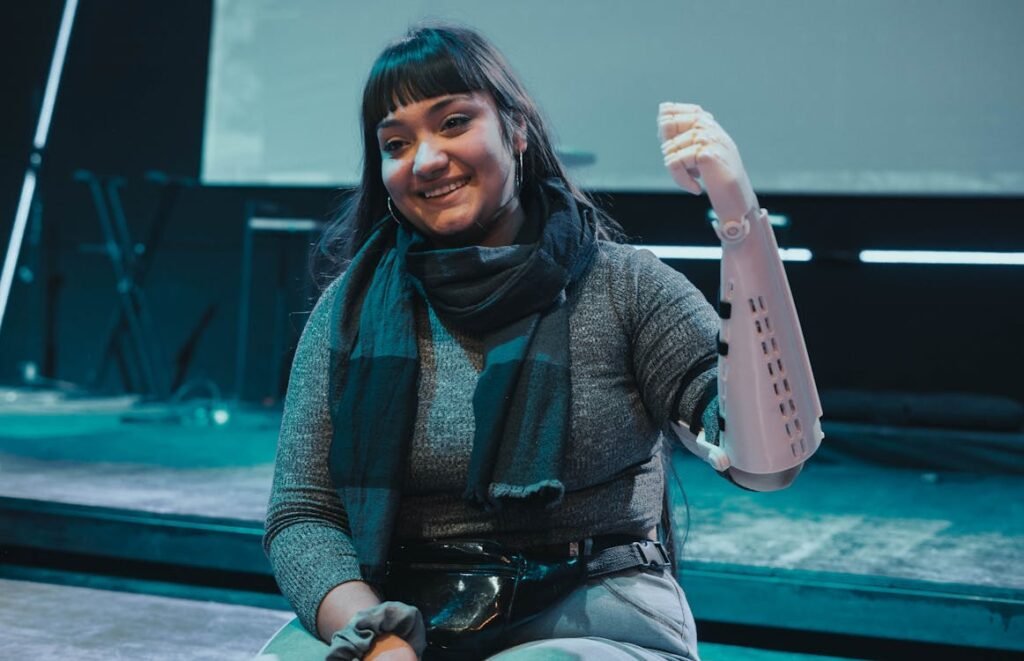
Rebuilding Independence – The Emotional Journey After Limb Loss
It’s Not Just About Function. It’s About Feeling Like Yourself Again.
When someone loses a hand, there’s more than one type of pain. Yes, there’s the physical side, which usually comes first. But then comes the quiet pain—the change in how you see yourself, how others see you, and how you move through life.
You begin to avoid eye contact. You hesitate before going out. Tasks you once did without thinking become emotional battles. Even smiling can feel like effort.
We’ve seen this time and time again in Mysuru. People who were once full of energy and presence become quieter. Not because they’ve given up, but because they’re trying to adjust in a world that suddenly feels unfamiliar.
And this is where most prosthetic companies fall short. They focus only on the body. At Robobionics, we focus on the whole person.
We believe your prosthetic should not just help you do things. It should help you feel like yourself again.
That’s why, from the very first moment you speak with us, we take the time to know you—not as a case file, but as a person. What matters to you? What worries you? What do you want to be able to do again?
Whether it’s something small, like buttoning your shirt, or something big, like returning to work or riding a two-wheeler, we build a plan around your goals.
In Mysuru, we’ve seen people begin that journey with doubt—but end it with confidence. And that transformation is our real reward.
Personalized Fitting That Respects Your Body and Lifestyle
Every arm is different. Every person’s build, strength, and skin sensitivity are different too. We don’t believe in handing out one-size-fits-all solutions.
That’s why we take extra care with our fitting process. It’s not just about making sure the hand stays on—it’s about making sure it becomes part of you.
We begin by scanning or measuring your limb with precision. Then, our technicians create a socket that matches your shape exactly. We round the edges.
We adjust the angles. We let you test it. We make changes if needed. The goal is simple: your bionic hand should feel like it belongs there. No rubbing, no slipping, no soreness. Just comfort.
This careful process takes time—but it’s worth every minute. Because when the fit is right, everything else falls into place. Your muscle signals transmit more clearly. The hand responds faster. You feel less tired. You gain trust in your new hand—and in yourself.
People from Mysuru who tried prosthetics elsewhere have told us they didn’t expect such attention to detail. But at Robobionics, it’s just how we work. Because we know that even the best technology is useless if it doesn’t feel good to wear.
Learning at Your Own Pace, with Real Support
Getting a new bionic hand is exciting. But let’s be honest—it can also be a little scary. You might wonder, “What if I can’t figure it out?” or “What if I press the wrong thing?” or “Will I feel frustrated like before?”
That’s where our training and support make all the difference. At Robobionics, we never leave you alone to “figure it out.” We guide you, step by step, with patient, one-on-one training that’s tailored to you.
Not just in a clinical setting, but in the actual environments where you’ll use your hand.
We’ve trained users in their homes, at their workplaces, and even outdoors—on stairs, in gardens, on city streets. In Mysuru, this means we understand your daily environment, your cultural habits, and your typical challenges.
Our team speaks your language—literally and emotionally. We don’t push. We support.
With each new movement you master, your confidence grows. One day it’s holding a glass. Then it’s tying shoelaces. Then riding a cycle again. Each moment builds on the one before. Until one day, you’re not thinking about the hand anymore. You’re just living your life again.
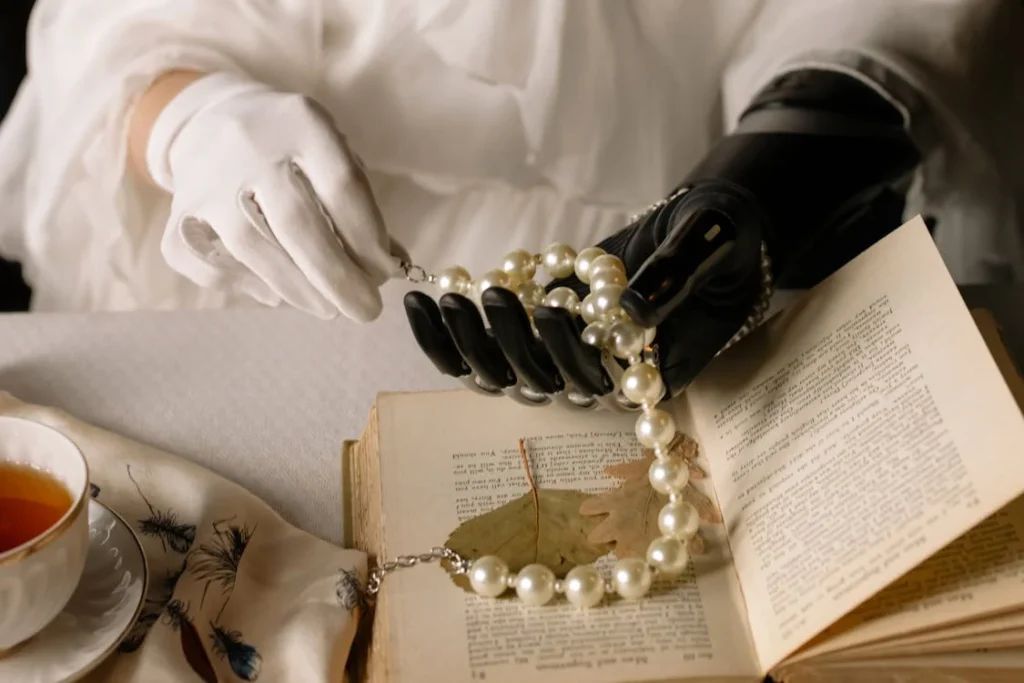
Why Robobionics Stands Out as Mysuru’s Top Choice for Prosthetic Bionic Hands
Designed in India, Perfected for Indian Life
There’s a big difference between a product that works in a Western lab and one that works on the streets of Mysuru. Most bionic hands available in India are imported.
They’re built with foreign weather, foreign habits, and foreign lifestyles in mind. They may seem advanced—but they don’t always make sense for how we live here.
At Robobionics, everything is different. We build our hands right here in India. And we do it with people like you in mind.
We know what it means to walk through crowded markets, to ride a scooter through narrow lanes, to cook with one hand on a gas stove while managing a child with the other.
We’ve spoken to farmers, artists, security guards, and students. We’ve studied how people in Mysuru move, work, and live.
Because of this, our hands are not just technically smart—they’re practically smart. They don’t just open and close. They do it fast enough to grab a moving object.
They don’t just grip—they hold steady when riding over bumps or potholes. They don’t just look natural—they feel natural to use for long hours, even in Mysuru’s changing temperatures.
This kind of thoughtful design only happens when the creators are listening closely. And at Robobionics, listening is our biggest strength.
Affordable Technology Without Compromise
Many people in Mysuru are surprised to learn that Robobionics hands, despite being high-tech, are affordable. There’s a belief that bionic hands are only for the rich or for those with special medical access.
And in the past, this was often true. Imported hands cost a fortune. Even basic models were out of reach for the average family.
We wanted to change that. Because no one should be denied a better life just because of price.
By manufacturing locally, using smart design choices, and cutting out unnecessary features that add cost but no real benefit, we’re able to offer one of the most advanced bionic hands in the country—at a price that is fair. And we’re always looking for ways to make it even more accessible.
We’ve helped users in Mysuru find financial assistance through NGOs and medical charities. We’ve worked with rehabilitation centers to build affordable support plans.
And we offer installment options so that the investment doesn’t feel overwhelming. More importantly, we explain all of it with honesty—so you’re never left in the dark.
Our goal isn’t just to sell you a hand. It’s to make sure you actually get to use it, comfortably, proudly, and every single day.
Support That Feels Personal, Because It Is
Many prosthetic companies are there at the start—but disappear after the sale. At Robobionics, that’s when our real work begins. We believe long-term care is just as important as the first fit.
That’s why we’ve built a support system that stays with you. From regular check-ins to on-call troubleshooting, from upgrade options to retraining if your lifestyle changes—we’re always one message away.
In Mysuru, our local team and partner network make in-person support possible when needed. Whether it’s re-fitting the socket, updating the software, or helping a family member understand how the hand works—we’re available. And we respond quickly, because we know your daily comfort depends on it.
We even offer virtual support in Kannada, Hindi, and English—so you can speak freely and clearly. And because we’ve worked with hundreds of users already, we’re often able to fix issues in just a few minutes.
Our users tell us that this support is what gives them real peace of mind. They know they’re not just buying a product. They’re joining a caring, responsive, and professional community that treats them like a person—not a number.
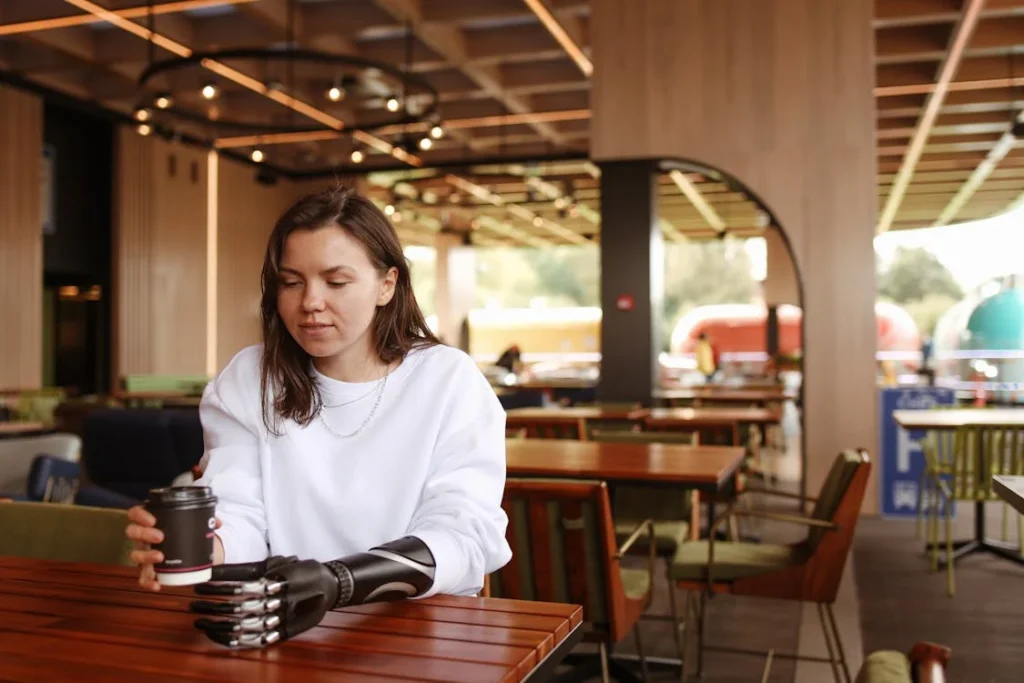
Transforming Lives in Mysuru – Real Stories from Real People
Santosh’s Return to Independence
Santosh worked as a delivery executive in Mysuru before a road accident took away his left hand. For months, he stayed home, relying on others for even the smallest tasks.
He missed the independence of riding his scooter, sorting packages, and simply holding a cup of tea without asking for help.
When Santosh came across Robobionics, he was unsure. He had tried a passive prosthetic before and found it bulky and stiff. But after speaking with our team, and learning that the hand would be tailored to his lifestyle, he decided to give it one more try.
His journey wasn’t instant, but it was remarkable. Within weeks, Santosh was able to hold bags, unlock his phone, carry groceries, and even grip the handlebar of his scooter.
Today, he’s back at work—not only delivering goods, but also delivering inspiration to others in his area who now believe that recovery is possible.
He once told us, “This hand didn’t just let me hold things again. It gave me back my identity.”
Nandini’s Story – A Quiet Strength Rekindled
Nandini is a homemaker who lost her right hand to an infection. The change in her life was deep—not just because of the tasks she could no longer do, but because of how it affected her role within her family.
Cooking, feeding her children, folding clothes, even lighting a lamp during pooja—everything became complicated.
Her family was supportive, but Nandini missed her rhythm. She missed doing things on her own.
When we met her, she was clear about one thing: she didn’t want a showpiece. She wanted something that worked silently and reliably in her daily life.
We listened carefully. After fitting and training, she began using her Robobionics bionic hand with slow but steady progress. First, holding a spoon. Then, cutting vegetables. Then, sweeping the floor with a light grip on the handle. Day by day, her confidence returned. So did her smile.
Her children later told us, “We got our amma back.”
Anil, the Art Student Who Didn’t Give Up
Anil was studying fine arts when he lost his dominant hand in a freak workshop accident. It shattered his confidence. He withdrew from classes, avoided friends, and lost his drive. His dream of becoming an illustrator seemed impossible.
But art is stubborn—and so was Anil.
Through his college’s support, he was connected to us at Robobionics. We crafted a lightweight, highly sensitive bionic hand tailored for delicate wrist and finger control. It wasn’t easy at first. Holding a pencil again brought both joy and frustration. But he kept going.
With time, Anil started sketching again. Slowly. Imperfectly. But powerfully. His lines returned. So did his fire. His first exhibition after recovery featured a self-portrait titled, “Unbroken.” The caption read, “This hand is built by science. But the art—it’s all mine.”
These stories aren’t exceptions. They are reminders of what’s possible when technology meets care, and when a city like Mysuru opens its doors to change.
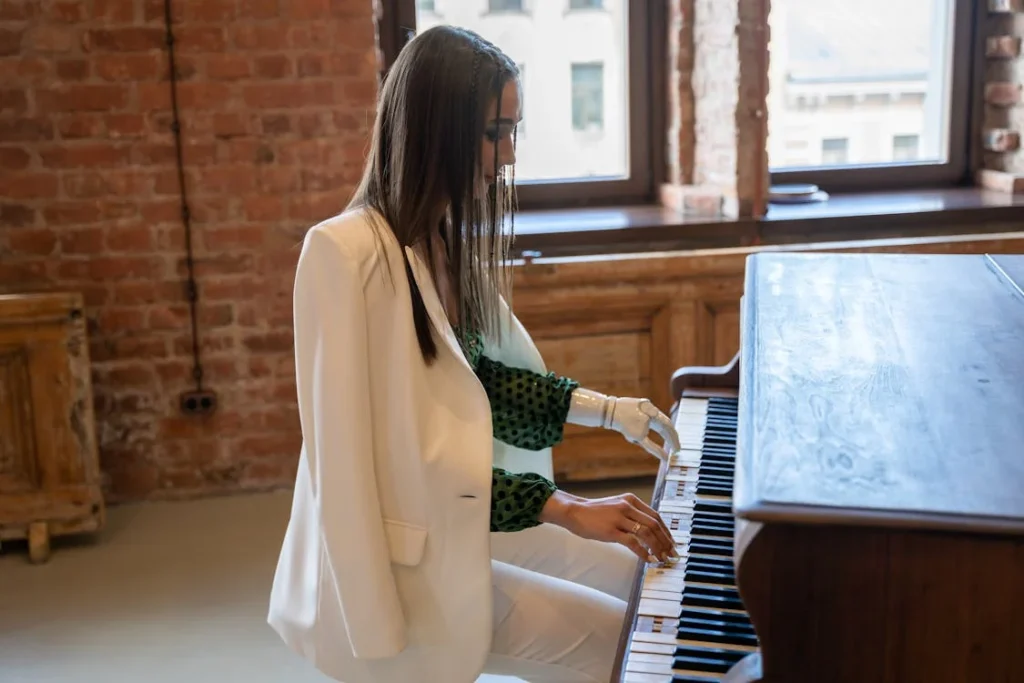
Building a Future of Accessibility and Inclusion – Robobionics and the Mysuru Community
Not Just a Company—A Movement for Change
Robobionics isn’t just about creating bionic hands. It’s about creating a more inclusive India—where people with limb differences are not seen as limited, but as powerful. In cities like Mysuru, where tradition and innovation live side by side, this mission is more important than ever.
We see our work as part of a much bigger story. One where schools teach students that disability does not mean inability. One where workplaces hire based on skill, not physical perfection. One where a person with a prosthetic is admired—not pitied.
In Mysuru, we’ve started partnerships with local NGOs, rehabilitation centers, and hospitals to spread this message. We conduct community camps, where people can touch and try our prosthetics before making any decisions.
We do awareness sessions in colleges, teaching young minds about adaptive technology and empathy. And we bring real users to speak—people who’ve turned challenges into stories of courage.
This kind of outreach is rare in the prosthetics world. But for us, it’s essential. Because we don’t just want to fix hands. We want to change mindsets.
Investing in Local Talent and Innovation
Robobionics believes in local solutions for local challenges. That’s why we invest in building talent right here in India. In Mysuru, we’ve worked with design and engineering students from top institutions, offering internships that let them see real-world impact beyond textbooks.
Some of our best ideas—like sweat-resistant inner linings, and gesture control adapted for local languages—came from young minds who understood both the culture and the challenge.
We also offer training programs for physical therapists and orthotic technicians, giving them access to hands-on experience with bionic systems.
This builds a local support network so users in Mysuru don’t have to depend on outside experts every time something needs tweaking.
And because we believe innovation should never stop, we continue to develop next-gen features. Think hands that give gentle feedback to help fine-tune grip strength.
Think smart wrist movement that responds to subtle signals. Think design upgrades that don’t just work better—but look better too.
Mysuru is not just a user base for us. It’s a living lab of ideas, energy, and potential.
Normalizing Bionics Through Visibility
One of the biggest barriers to prosthetic use isn’t price or technology—it’s stigma. People feel uncomfortable wearing a bionic hand because they worry what others might say. They hide it under sleeves. They avoid crowded spaces. They feel alone.
We want to break that silence.
That’s why Robobionics is working with artists, photographers, and storytellers to show bionics in a new light. We support photo series and short films featuring real users from cities like Mysuru, not actors.
We highlight stories of mothers, mechanics, students, and dreamers. We let their journeys shine.
Because when you see someone just like you using a bionic hand and living boldly—it plants a seed. A new image takes root. Not of limitation, but of strength.
And that seed? That’s the start of real change.
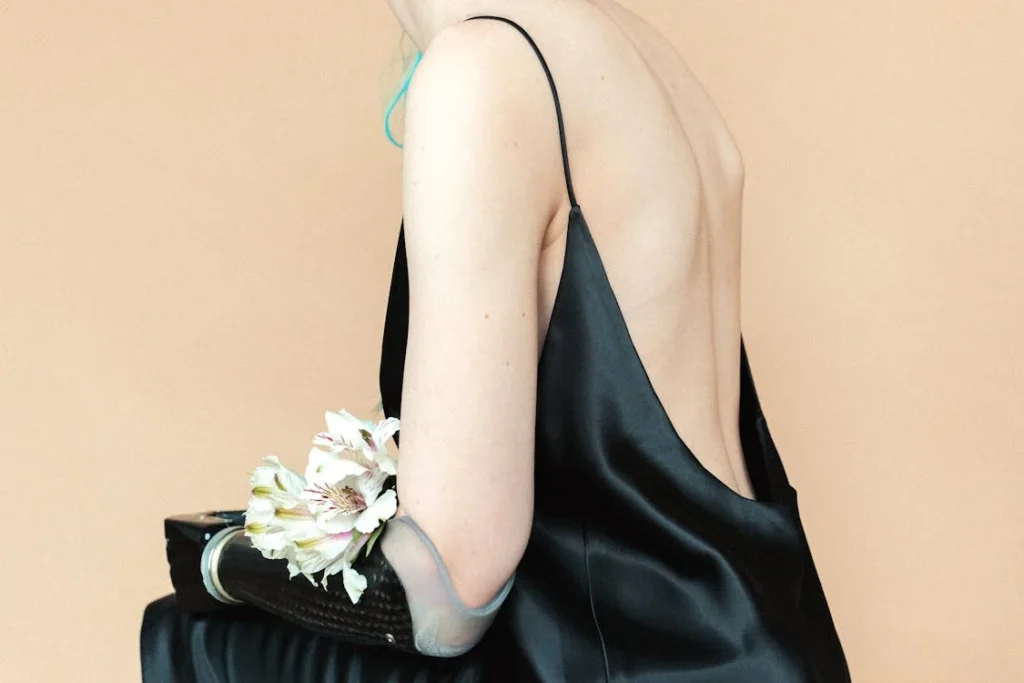
Robobionics Beyond the Device – A Culture of Compassion, Not Just Engineering
Empathy in Every Step of the Process
In most medical industries, especially those involving advanced technology, people often become just another “case.” But at Robobionics, we’ve built our company on a very different foundation—compassion.
This isn’t just a word we use in marketing. It defines how we hire, how we train our team, and how we treat every person who reaches out to us.
When someone from Mysuru calls us for the first time—maybe with hope, maybe with hesitation—they’re not greeted by a robot voice or redirected endlessly.
They speak to a real human who listens. Truly listens. Sometimes they just want to talk. Sometimes they need answers. Sometimes they just want someone to say, “It’s okay. We’ll help.”
And we do.
Our compassion shows in the way we approach assessments. There’s no rush. No pressure. We go at your pace. We explain everything with patience.
And if someone chooses not to move forward right away, we respect that too. We know this decision is deeply personal. So we build trust, not tension.
It’s why many families in Mysuru have told us, “We didn’t feel like clients. We felt like people.”
Family Involvement and Caregiver Support
A prosthetic journey doesn’t just involve the user—it often involves the whole family. A spouse, a parent, a child—someone who helps with dressing, eating, managing emotions, and adapting to the new routine. Yet, in most prosthetic services, these caregivers are left out of the picture.
At Robobionics, we invite them in.
During training sessions, we encourage family members to be present. We show them how the bionic hand works, how to help without overstepping, and how to build a daily routine that respects both freedom and support.
This is especially helpful in a community-focused city like Mysuru, where families are close and daily life is shared. We’ve seen fathers beam with pride as their sons learn to write again.
We’ve watched mothers hold back tears when they see their daughters chop vegetables for the first time in months. These are not side stories—they are central to the healing process.
And we’re proud to make space for them.
A Quiet Revolution in Dignity and Choice
Ultimately, what Robobionics offers isn’t just a device. It’s choice. The choice to cook your own food. To shake someone’s hand with confidence. To dress yourself. To look at your reflection and feel proud again.
In Mysuru, we’ve seen this quiet revolution unfold, not with loud announcements but with everyday victories. A teenager who chooses to wear his bionic hand openly to class.
A grandmother who can light a diya without help. A shop owner who goes back to work, not with hesitation, but with purpose.
That’s what happens when prosthetics are done right. They don’t just restore motion—they restore dignity.
And at Robobionics, dignity is the most important thing we build.
Conclusion
Mysuru is a city of strength, dignity, and quiet determination—and at Robobionics, we see that same spirit in every person we serve here. We don’t just offer prosthetic bionic hands. We offer a way back to movement, to confidence, and to life itself. From the first conversation to long after you wear your hand, we walk with you. Our technology is advanced, yes—but it’s our care, our listening, and our belief in people that truly make us #1 in Mysuru and beyond.
If you’re ready to take the next step—not just toward a better hand, but toward a fuller, freer life—Robobionics is ready for you. Let us help you reach again, hold again, and live again—with dignity, comfort, and strength at your fingertips.



